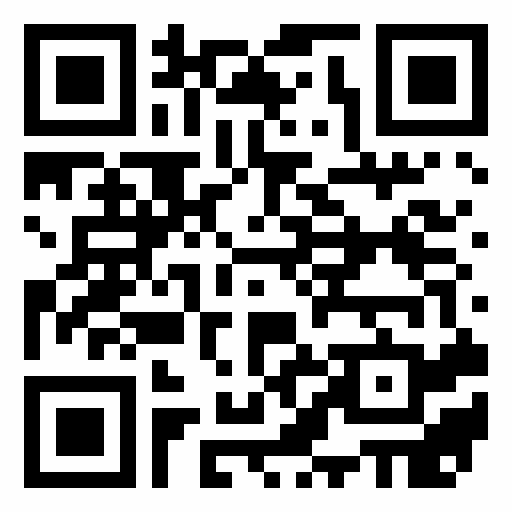Teaching and handling school children are becoming a challenging task for the school teachers and ultimately stress is the gift they receive. This has led to many of the teaching fraternity suffering from heart problems and they have to undergo bypass graft. The main aim of this investigation was to evaluate the circulo-respiratory responsiveness (CRR) as a contributing factor to stress in teachers. 33 primary school teachers from the rural area who had no health issues were selected as subjects whose ages ranged between 22 to 32 years. These teachers were working for 6 to 8 hours per day and had an experience of around 5 years in the profession. Pulse rate and hypertension at rest, and pulse rate and hypertension during teaching hours at the start and end of the class were measured by Omron M2 Blood Pressure Monitor (Automatic). RPE scale was utilized for measuring the physical exertion at the end of the class. The results of the research exhibited a noteworthy greater heartbeat and hypertension after the class than at the start. On the contrary, the physical exertion was quite less at the end of the day. The result observed that CRR during the classes could be the result of unexpected hypertension and heartbeats. It was concluded that CRR during taking the classes could be because of the sympathetic drive and stress caused due to yelling to discipline the packed classes. Sustained exposure to such stress without managing approaches may crop up as a probable risk factor for blood pressure and cardiac diseases.
